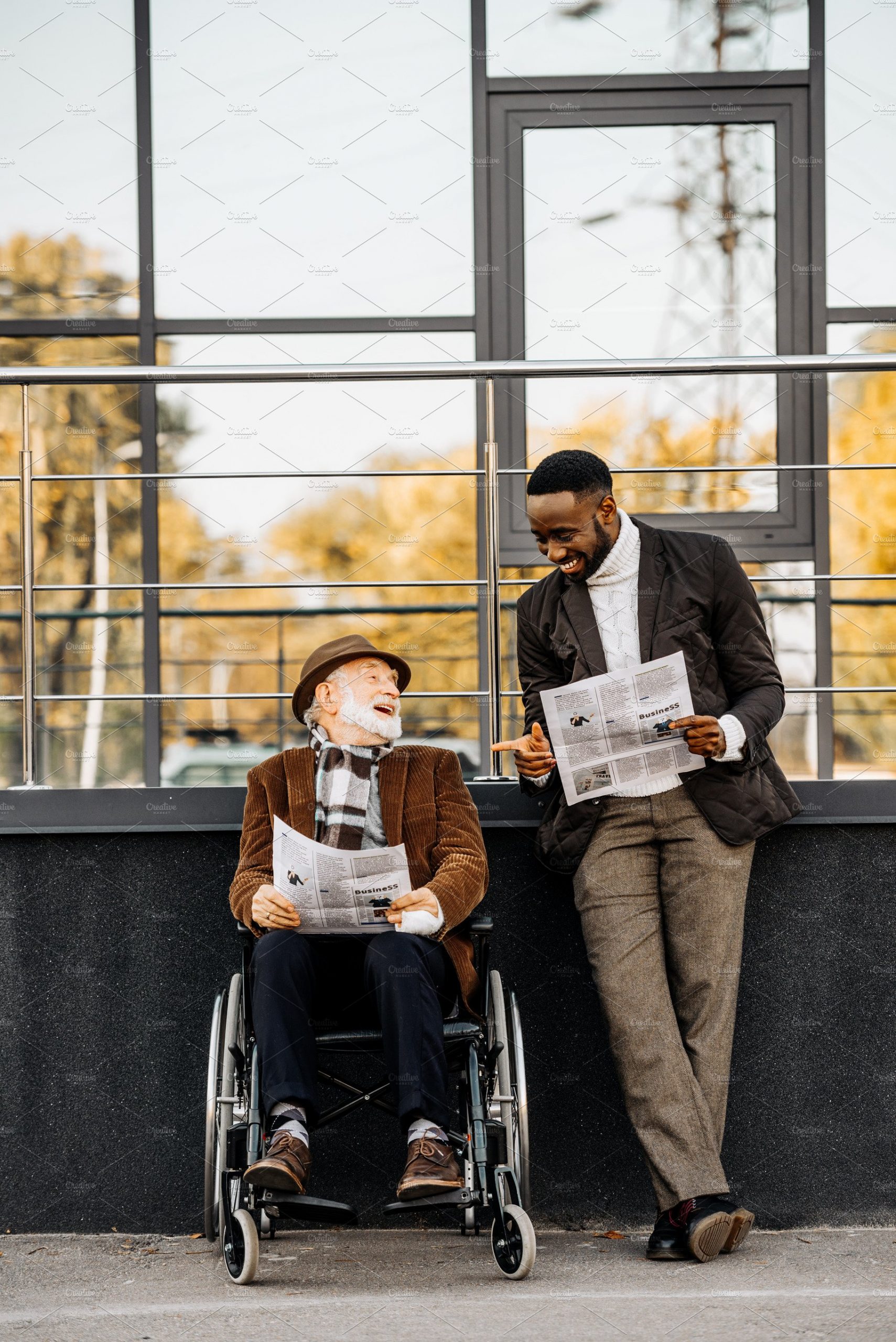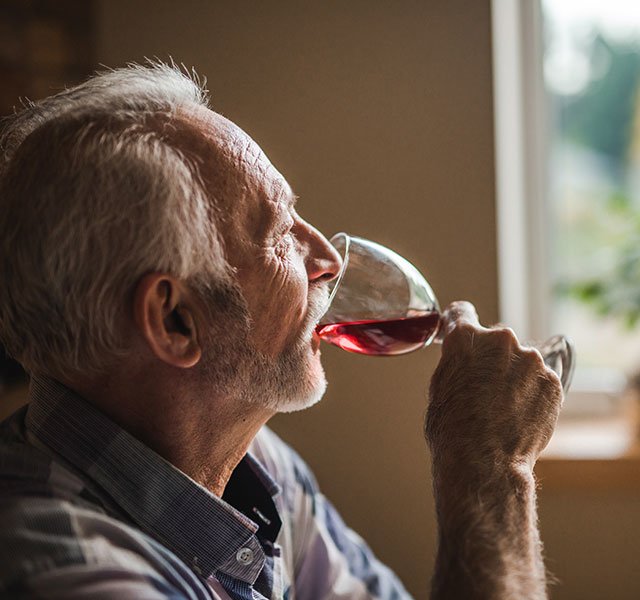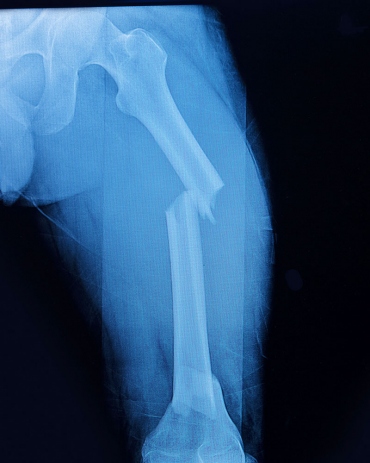My new talk, “Still Kicking—Confronting Ageism and Ableism in the Pandemic’s Wake,” debuted earlier this week at n4a, the national conference of Area Agencies on Aging—to rave reviews, yay! Here’s a look at some of the ground it covers:
- Remember the early messaging about the virus? “Don’t worry, it will ‘only’ infect the old and the ill.” That is the lethal, global impact of ageism and ableism, two forms of prejudice we talk about too little and too late—for which the entire world is now paying dearly.
- After COVID struck, there was a lot of hand-wringing, as there always is around anything age-related, with a lot of people saying the pandemic is making ageism and ableism worse. Here’s a different way to think about it: the pandemic isn’t making ageism and ableism worse, it’s exposing what’s been all around us all along—and giving us a historic opportunity to build on that awareness.
- It doesn’t take much head-scratching to realize that much of our fear about aging is actually about how our minds and bodies might change as we move through life. That’s not ageism, it’s ableism. It’s not actually about age: plenty of youngers live with disability and plenty of olders do not. It’s the misguided belief that being nondisabled is “normal” and that leading meaningful, desirable lives means staying youthful, able-bodied and able-minded. Only the well-off can pursue this goal, which segregates us, sets us up to fail, and fills us with needless dread.
- The intersection of ageism and ableism is where many of our darkest fears reside. Illness. Incontinence. Indignity. It’s also where we encounter—in direct proportion to those fears—the potential for personal liberation and collective activism.
- When an acoustic neuroma destroyed most of the hearing in my left ear, I caught myself thinking, “At least it’s sexy, brain-tumor deafness instead of sad, old-person deafness.” Which makes me both ageist and ableist. So is the title of this talk—“Still Kicking”—although at least it’s on purpose. Using “still” to modify an ordinary activity (like working, or driving, or having sex) is an ageist habit because why would people stop? It’s ableist because why sort people according to whether or not they can kick?
- Systemic discrimination is a formidable obstacle. But it is real, which makes it easier to tackle than something nonexistent: the imaginary failings which these systems created and need us to believe in. We are not broken. We are not special. We are not lesser. We are perfect. Or, as a Buddhist friend gently corrected, “We are perfectly imperfect.”
- All of us lucky enough to grow old—a privilege denied to many—will age into impairment of some kind. People age well not by avoiding chronic illness and disability but by adapting to them.
- There are billions of us. Fifteen percent of the world’s population is disabled. Half of us are no longer young. Our numbers are growing. Medical advances mean that more disabled people are reaching adulthood and beyond. All over the world, people are living longer: population aging is a permanent, global, demographic trend. We won’t make the most of those longer lives without confronting ageism and ableism in the world around us, starting between our ears. Nor will [we] be as effective as these turbulent times demand. Let’s join forces.



